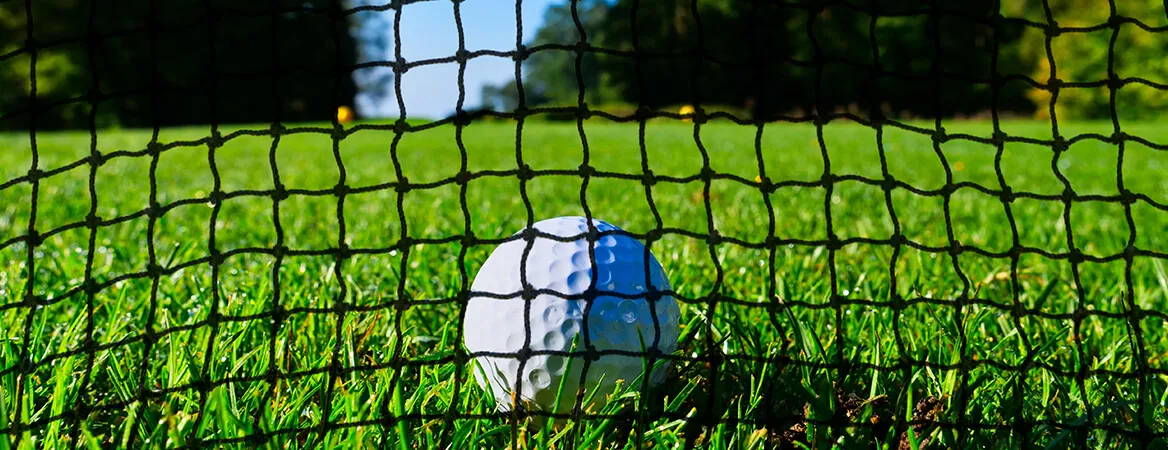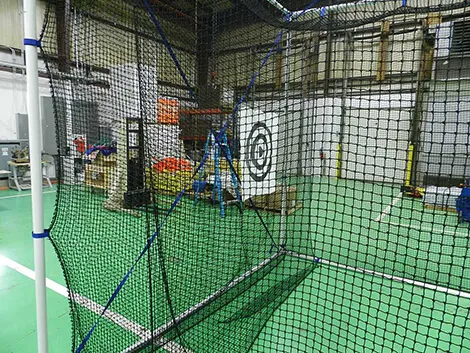A Material Guide for Golf Netting

You need to know how to choose the right material for your golf netting. You'll want to consider the climate, whether you'll be using it indoors or outdoors, and how much traffic the netting will see. You'll also need to decide on the type of netting, either nylon or polyethylene, and the thickness of the thread. With so many options available, it can be hard to know where to start. That's why we've put together this informational guide to help you make the best decision for your needs!
Golf Netting for your application
Golf netting is an important piece of equipment for any golfer. There are different types of golf netting designed for different applications, whether you're using it indoors or outdoors. In this guide, we'll discuss the two most common applications of golf netting, driving range and cage netting.
Driving range netting is a type of golf netting that is typically used outdoors. It is designed to catch golf balls that are hit off of the tee, before they can cause any damage. This is the type of netting you would use to be able see how far your ball is going, or for public outings. Driving range netting is available in different sizes and thicknesses, so you can choose the one that best suits your needs.
Cage netting is another type of golf netting that is typically used indoors. It is designed to catch golf balls that are hit into the cage, before they can cause any damage. This is the type of netting you would use to keep your golf balls from bouncing all over the room. This design uses PVC pipe to build a cage that utilizes a back drop to stop the momentum of a ball.








